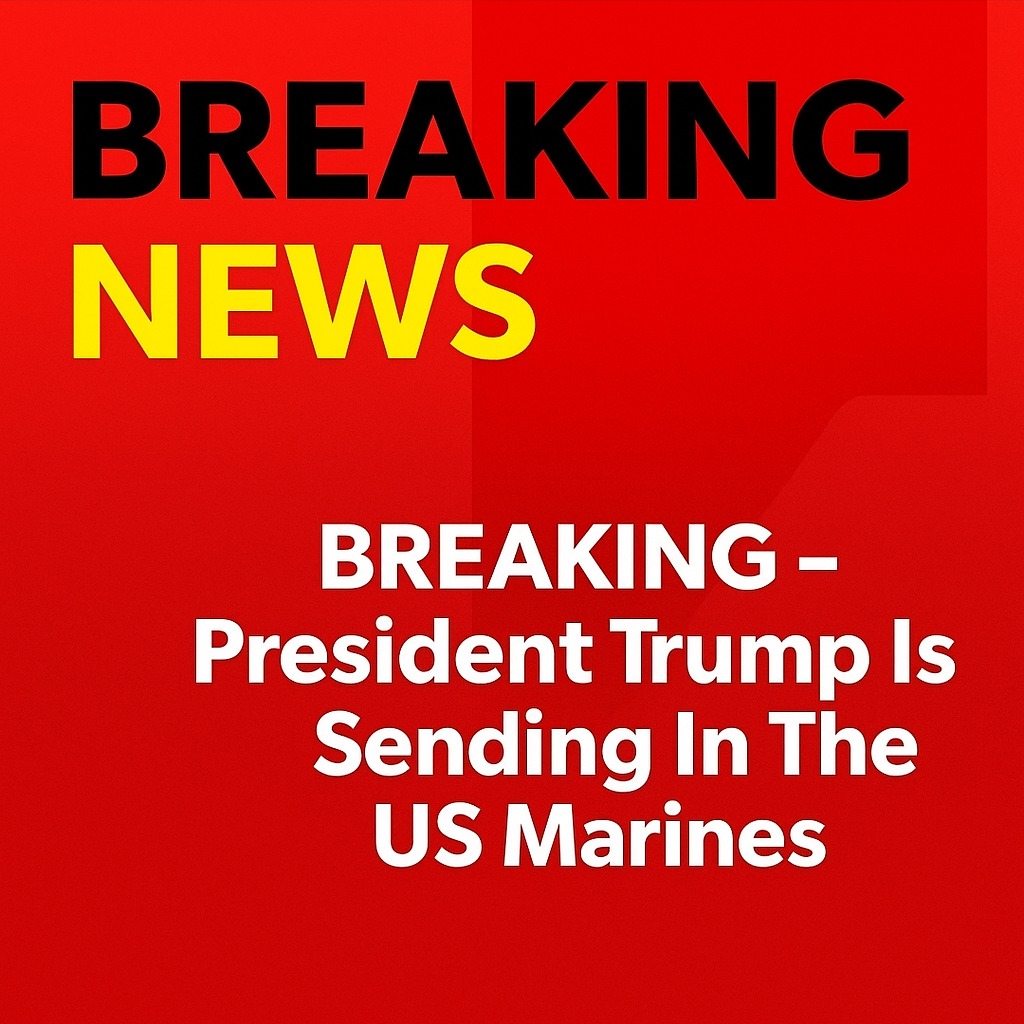
🇺🇸 200 U.S. Marines Deployed to Florida to Support ICE Operations — Controversy Sparks Nationwide Debate
In a move that has quickly drawn national attention and political backlash, the U.S. military has confirmed the deployment of 200 Marines to Florida in support of Immigration and Customs Enforcement (ICE). The troops, from Marine Wing Support Squadron 272 based in North Carolina, arrived this month to provide logistical and administrative support at ICE detention centers.
According to U.S. Northern Command (USNORTHCOM), the Marines will not engage in any law enforcement activities. Instead, their duties will include vehicle maintenance, data entry, detainee processing assistance, and other backend operations. Officials emphasized that the Marines will have no direct contact with detainees and are operating under Title 10 authority, meaning they are bound by the Posse Comitatus Act, which prohibits the military from performing domestic law enforcement.
This deployment marks the first wave of a broader initiative approved by the Department of Defense to send up to 700 military personnel—including National Guard and reserve forces—to reinforce ICE’s infrastructure in Florida, Louisiana, and Texas, three states currently facing immigration surges and strained detention capacity.
Still, the optics of uniformed military personnel working alongside ICE agents have sparked heated reactions. Civil rights groups and immigration advocates argue that this sets a dangerous precedent, blurring the line between military service and civilian law enforcement. Protests have already erupted near ICE facilities in South Florida, including the controversial new detention center nicknamed “Alligator Alcatraz.”
A spokesperson for ICE stated the support is “strictly temporary” and aimed at easing operational stress during a peak period. Defense officials echoed that sentiment, noting that the deployment was approved in response to a DHS request in May 2025, not for political optics.
As more troops are expected to be deployed in the coming weeks to Louisiana and Texas, the national debate over the role of the military in immigration enforcement is likely just beginning.


